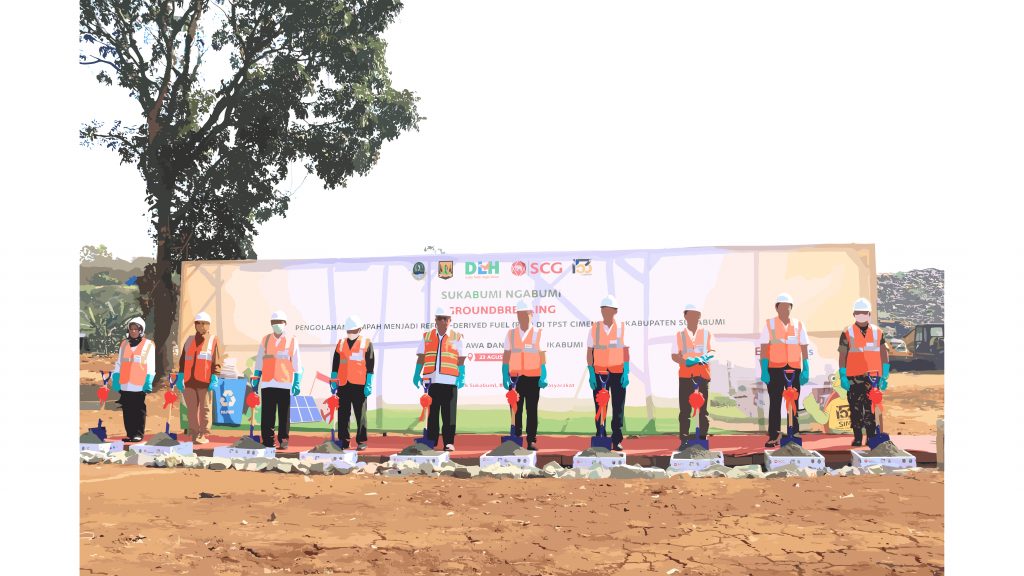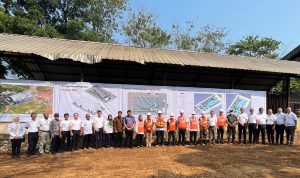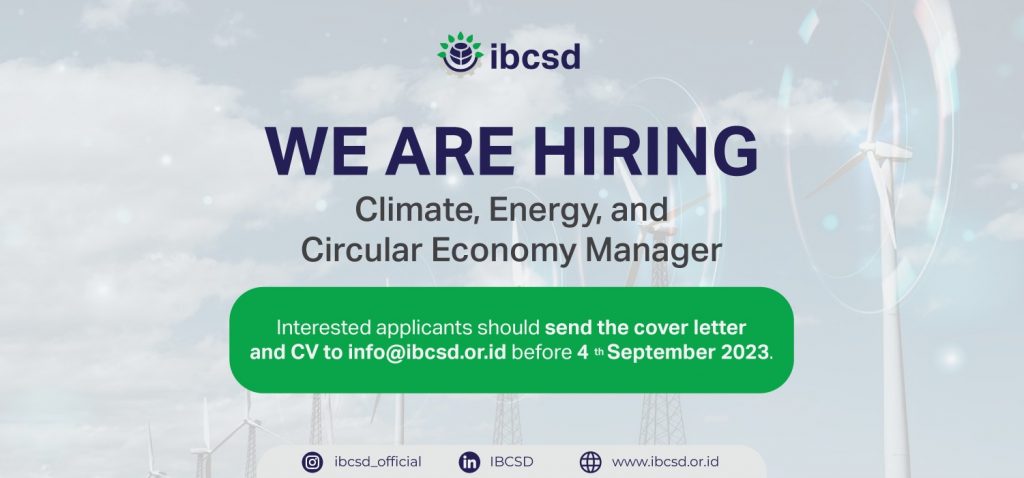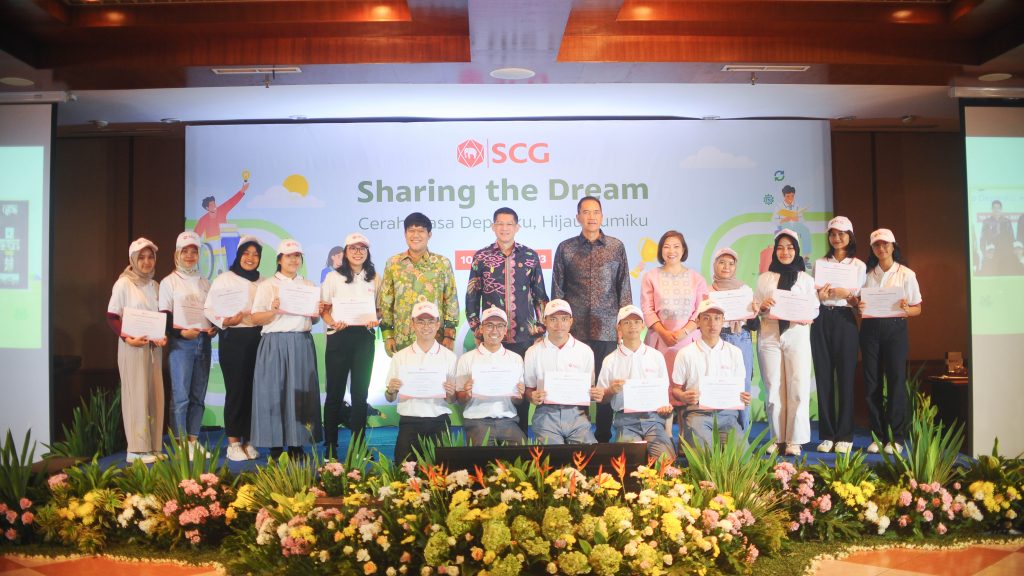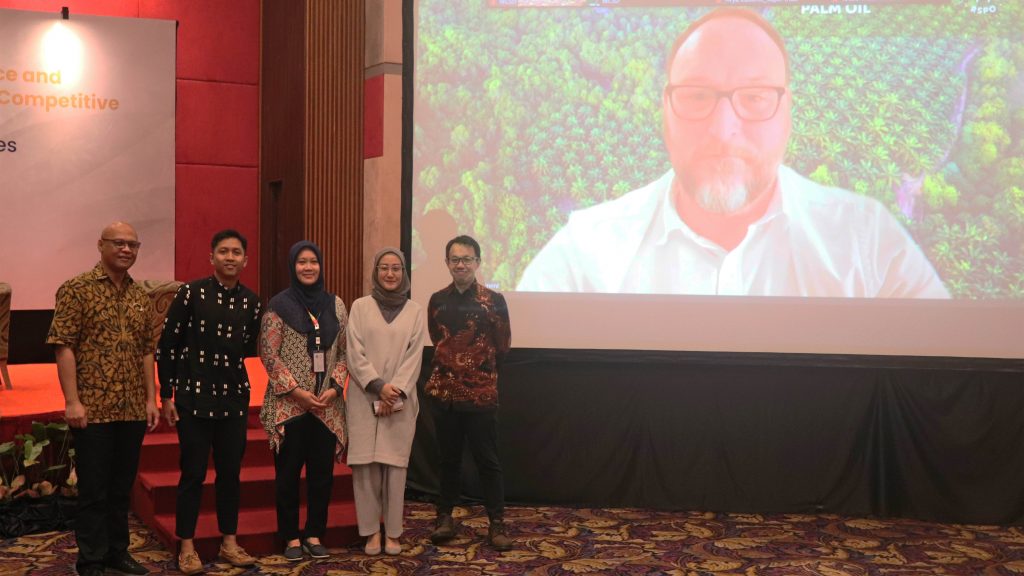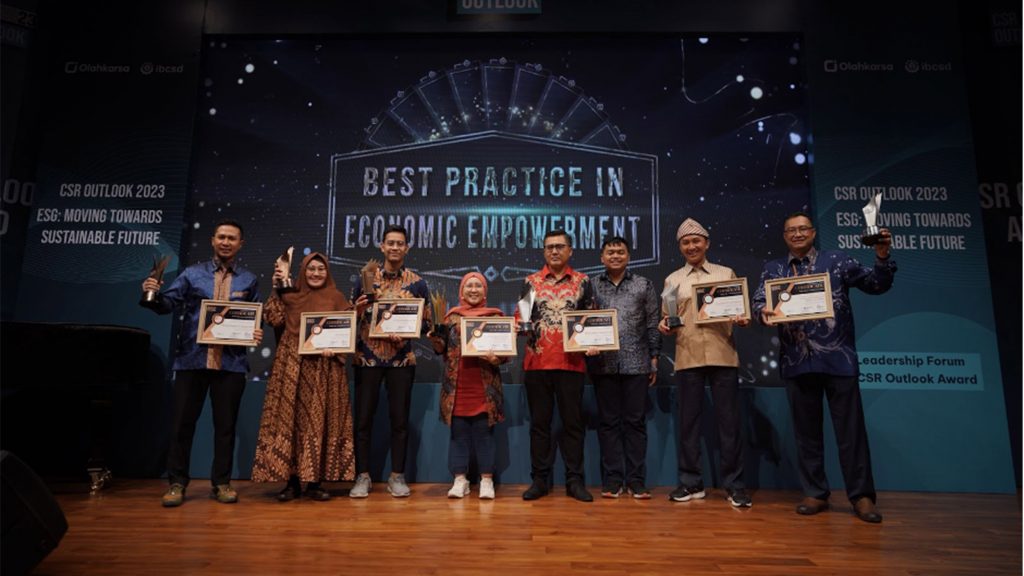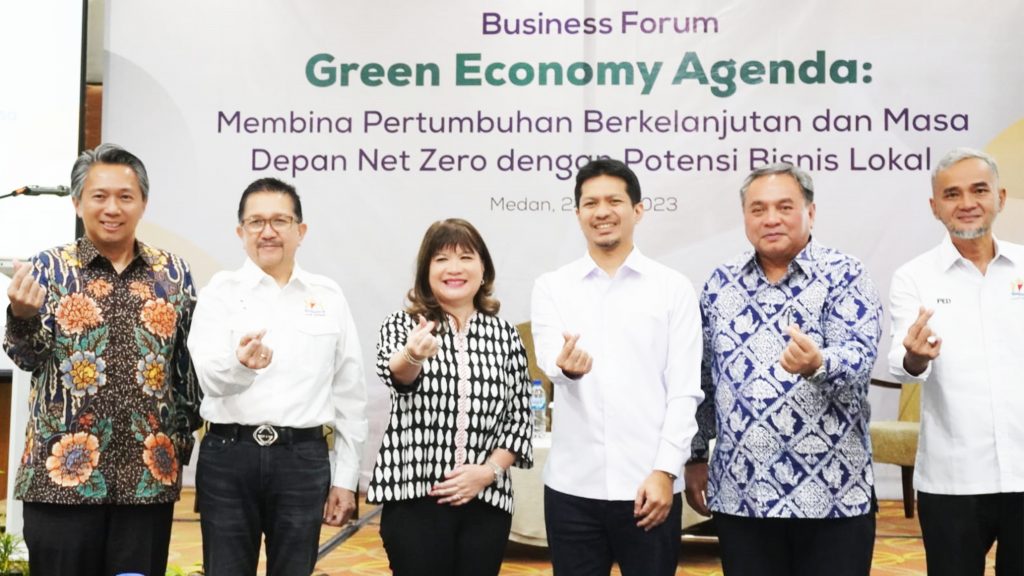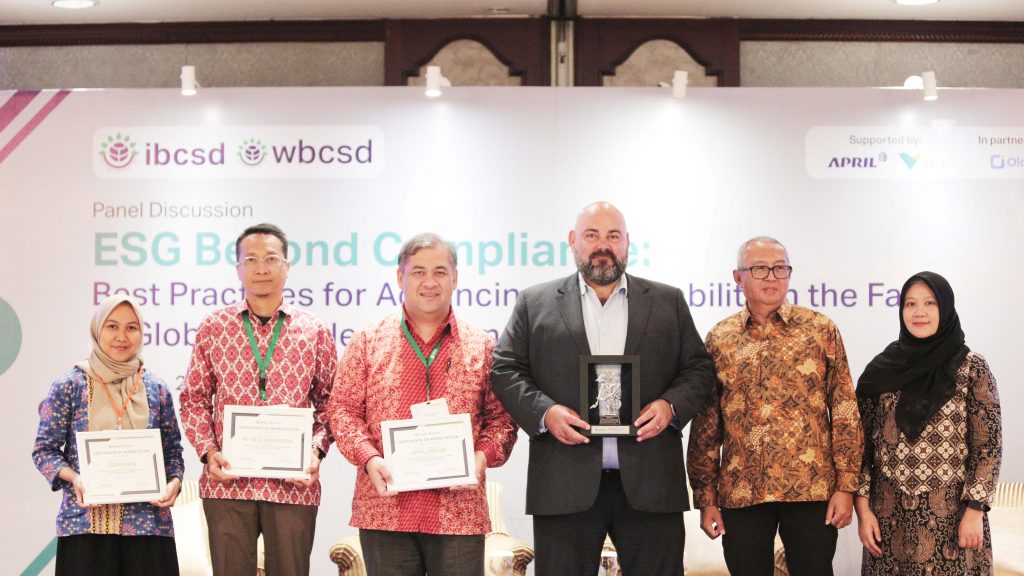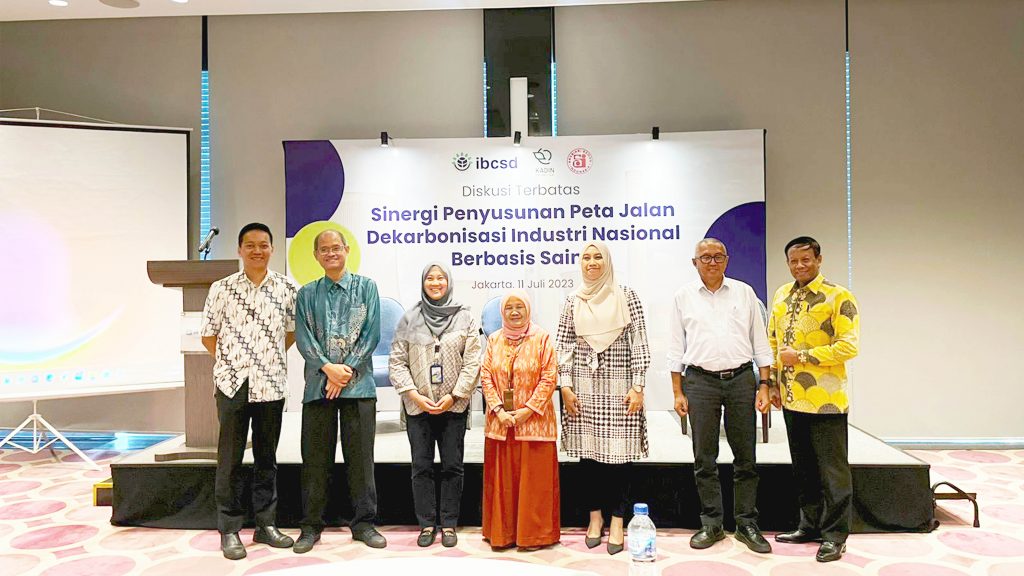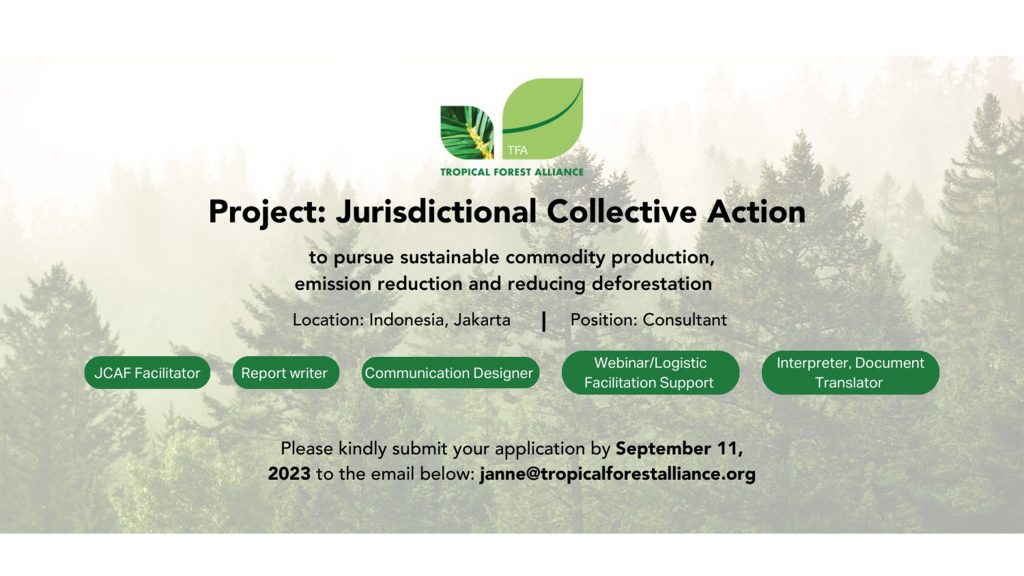
Project: Jurisdictional Collective Action to pursue sustainable commodity production, emission reduction and reducing deforestation
PURPOSE
The Tropical Forest Alliance Southeast Asia (TFA-SA) continues to convene multi-stakeholder dialogue and build shared action agenda for collective action through developing a collection of business cases and policy briefs and other publications required.
The objective of this consultancy is to support TFA-SA community to facilitate multi stakeholder dialogue through facilitating service, report writing, communication and design, webinar/logistic facilitation support and interpreter/translators
Thematic areas of interest: multi stakeholder, jurisdictional collaborative, green growth policy, financing and investment, smallholders and indigenous communities.
Background
The Tropical Forest Alliance (TFA) is a global multi stakeholder platform focused on reducing commodity driven deforestation. Hosted by the World Economic Forum, the TFA works with over 160 public, private and civil society actors to catalyze high-impact partnerships to address the inherent tensions that exist to grow production while protecting the forests – public and private, producer and market, global and local, people and the forest frontier. The TFA operates regional platforms in Latin America, West and Central Africa, China and Southeast Asia. The work under this consultancy will be performed in collaboration with the Southeast Asia platform.
SERVICES PROVIDED
The consultant will work closely with TFA Southeast Asia Team and its members and partners (Government of Indonesia, business sectors and civil societies) and will undertake the following tasks.
Facilitator and or Report writer
- Consult with TFA SA in the process of developing the concept note and draft of proposal.
- Develop proposals that indicated an overview of the study includes: background, methodological framework, objectives, indicative timelines & deliverable and budget.
- Participate in the meetings/dialogue that TFA convened with its stakeholders to identify topics/issues to be covered for business case/policy briefs
- Review existing documents covering studies, reports, regulations, rules and other documents, related to respected theme: responsible business, indigenous communities, green investments, smallholders, policy and governance systems in Indonesia and Malaysia.
- Write a report on the review of the implementation of two decades of fiscal decentralization in Indonesia, including providing concrete policy recommendations on improving fiscal decentralization and local government finance in Indonesia
- Present the findings from the business cases/policy briefs to the stakeholders should that be requested by the TFA Southeast Asia team.
Interpreter and or Translator
- Proven experience to support the TFA-SEA team for either in Interpretation and Translation.
- Consult with TFA SA prior the commencement of the assignment
- Conduct internal research to ensure accurate understanding to deliver the assignments (both interpreter and translator)
- Interpret and or Write with the choice of diction best suit to the context and represent the to the request of user (TFA SA)
- Ensure the delivery of the service at the timely manner.
Communication handling
- Mastering webinar and or zoom handling – and all the detailed as requested by the user
- Develop concept and requested communication products (posters, backdrop etc) in line to the themes/context of JCAF
- Proven ability to work under tight deadline and minimum supervision
DELIVERABLES
- Identifying one thematic area of interest and provide TFA SA with : 1) Draft of Terms of Reference (ToR)— outlining: context/background, objective, methodology, scope of works, timeline and deliverables —- and 2) Draft proposal of work plan.
- Draft of business case/policy briefs and other required documents
- Final business cases/policy briefs and other required documents
- All deliverables must be prepared in reporting format that must be agreed by TFA SA team.
REQUIREMENTS
- Extensive working experience and knowledge in the issues of responsible business, green investment, policy and governance, communication, indigenous community, smallholders and communication and youth engagement.
- Strong background Public policy in Indonesia and have extensive experiences working with Government of Indonesia with Coordinating Ministry and Technical Ministry. (Facilitator and Report Writer)
- Strong analytical, reporting and writing abilities (Report writers)
- Fluency in English and Bahasa Indonesia both written and oral. (Interpreter and Translator).
- All positions required extensive experiences working (in the respected roles) with multi-stakeholder/consortium, private sectors, INGO and Government in cross-cutting areas of sustainable commodity productions, deforestation-free commodities, good governance, jurisdictions and or landscapes initiatives.
- Master’s degree from nationally/internationally recognized university in Public Administration, Public Policy, Development Studies, Political Science, Economics, Governance or Social Science field. (Facilitator)
- Prior work experience with Government of Indonesia in the national level, particularly with Ministry of Environment and Forestry (MoEF), National Development Planning Agency, Coordinating Ministry of Economy, Ministry of Agriculture. (Facilitator)
- Work experience in development agency and research institution. (Interpreter – Translator and Communication)
LEVEL OF EFFORT
The level of effort is total of 4 months (no travel required) with estimated 4 – 7 days in a month.
Please kindly submit your application by September 11, 2023 to the email below:
